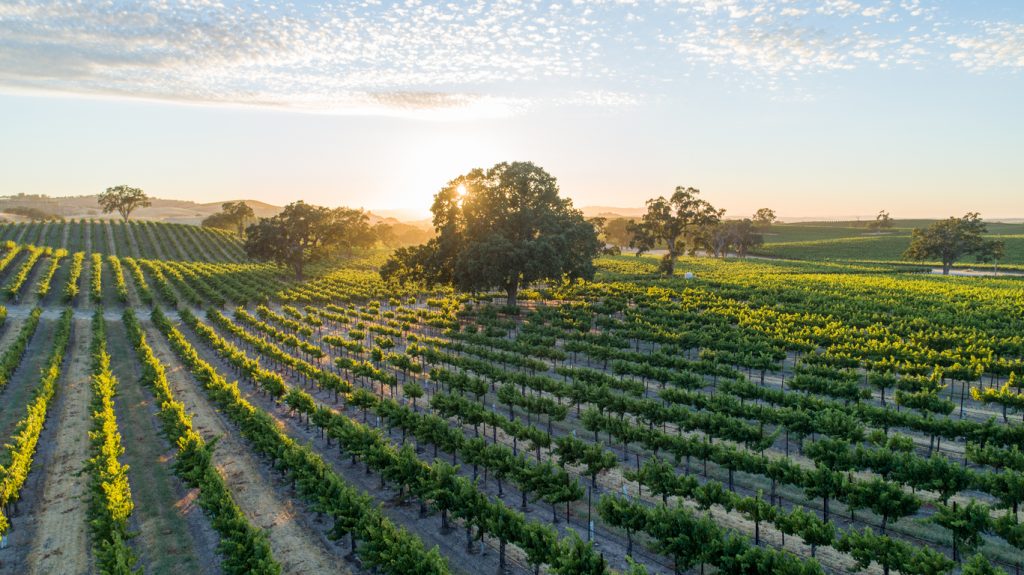Some people wonder what being a dental hygienist has to do with rural oral health. As a member on the Board of Directors of the California State Rural Health Association (CSRHA) allow me to shed some light on this subject. I know I sound like a broke record when I say oral health is general health, but without good oral health, general health is harder to achieve; the two are inextricably linked.
The mission of the CSRHA is to improve the “quality and length of life of rural Californians through advocacy, collaboration, and education”. Living in a rural part of California, I recognize the importance of focusing on how to best achieve a balance between quiet rural life and reasonable access to health care. This organization tries to keep lines of communication open between urban, rural, and suburban decision-makers, policy-makers, care providers, and residents to best meet the health care needs of all.

In the last year several rural hospitals have closed or reduced services, affecting care for millions of rural residents. One example is Madera Community Hospital, Madera County’s only rural hospital. It was forced to close in 2023, leaving its poor, uninsured, and rural residents with no emergency medical care. Events like this took place in other rural counties. Imagine yourself or a loved one having a severe illness or injury knowing the nearest emergency department is over 50 miles away.
Many uninsured or under-insured people visit emergency departments for dental pain. Many Californians have little or no insurance coverage. In 2019, 14% of Californians had no dental insurance. That does not sound like many until you consider that includes roughly 5.2 million residents. My role as an oral health care provider is to help increase awareness of the gap in services, help encourage oral health care practitioners to practice in rural settings, and increase preventive dental care, reducing the need for emergency visits and dental pain.
Why are there few dentists in rural areas and why are hospitals closing? There are many reasons, but in general practitioners know that salaries are better and jobs more plentiful in urban settings. There are more places to live and work, transportation is less of a problem, and new practitioners with school loans to pay must consider how and where best to manage all the pieces of their professional and personal lives. Federal, state, and corporate money also tend to focus on the many urban issues, leaving less funding for rural areas.
The CSRHA annually convenes a conference to gather all parties interested in rural health in order to set the stage for improving life for all. My goal with this blog post was to get a few oral health care providers thinking about the value of practicing in rural areas and consider attending our 2025 Conference to network with like-minded professionals.
In 2024 we thought it best to postpone the conference until after the presidential elections. Fast forward to the 2025 Conference, Building Rural Communities through Collaboration. It will be held at the Lake Natoma Inn in Folsom, California. It is a nice, rural setting approximated 30 miles from the Sacramento Airport and a couple of hours drive from the San Francisco Bay Area.
We would love to see anyone interested in helping close the gaps in health care attend this conference. Here is an overview of the presenters.
- Brock Slabach, Chief Operations Officer of the National Rural Health Association, will share the current state and future of rural health nationwide.
- Karol Swartzlander, Executive Director, California Commission on Aging will share innovative solutions to support health and well-being for all Californians.
- Holly Laird, California Department of Public Health, Office of Health Equity will share her office’s finding on rural health equity.
- Kristen Storne-Piazza, Clinic Administrator at Orchard Hospital in Gridley, CA, herself a CSRHA Board member, will discuss strategies for taking care of staff.
- Nathan Sundheimer, Director, Digital Strategy, Healthcare, Wipfli LLP, will share his knowledge on artificial intelligence (AI) and rural health.
- Ingrid Villeda, Program and Community Engagement Specialist, Alzheimer’s Association, with enlightening us on how Alzheimer’s and Demention affects rural health.
- JD Garza, Program Manager/Associate Direct, California Health Education Health Center, will share this organization’s mission and how they are helping train providers in California.
There are several product and informational exhibitors and opportunities to engage with them and network with each other and the presenters. This event is designed for us to engage with each other, learn of new opportunities, and help us all move toward reducing disparities health care.
Please consider joining us. We would love to have you join the conversation.
Elena Francisco -Founder, RDHAP Connect
